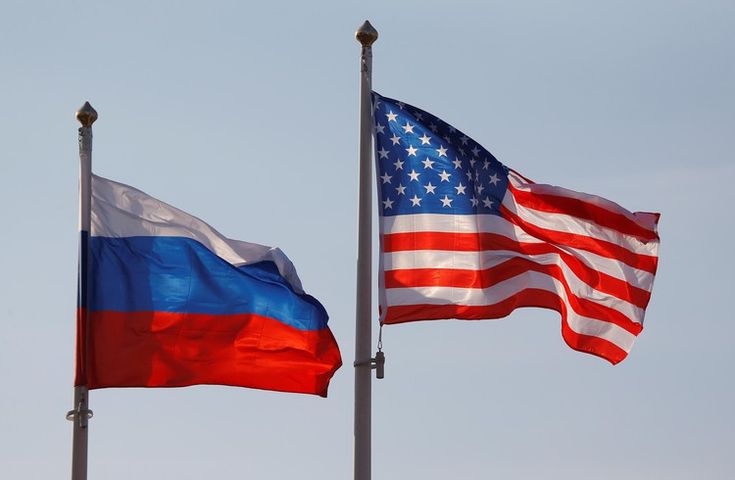You have probably read in the headlines, “US imposes sanctions on Russia”, but are sanctions a good tool to sway the actions of a nation?
Sanctions are measures imposed by states or organisations to influence the behaviour of states or non-state actors without using military force, usually through economic blockades. Sanctions themselves are of multiple types: unilateral (sanctions imposed by a single entity) or multilateral (sanctions imposed by an organisation, e.g., the UN). The United Nations only imposes sanctions as a last resort to address human rights violations, illegal smuggling or stopping extremist entities. It holds the authority to impose sanctions under Chapter VII, Article 41 of the UN Charter, which states:
“The Security Council may decide what measures not involving the use of armed force are to be employed to give effect to its decisions, and it may call upon the Members of the United Nations to apply such measures. These may include complete or partial interruption of economic relations and of rail, sea, air, postal, telegraphic, radio, and other means of communication, and the severance of diplomatic relations.”
We have seen the United States, along with the Western bloc, imposing sanctions on Russia and Iran; however, these often seem to fail in achieving peace or reaching the intended goals. So, are sanctions really an effective tool?
There are multiple examples of sanctions proving their worth in ensuring human rights, upholding peace and preserving democratic values. One such example is the sanctions on South Africa during its era of racial segregation, known as the “Apartheid Era”. These sanctions played an important role in pressurising the government and forming a new administration that ensured human rights.
Another appropriate example is the sanctions imposed on Libya between 2003 and 2011 by the Western bloc to prevent the country from manufacturing weapons of mass destruction. These sanctions helped stop such programmes and pushed the then-dictator, President Gaddafi, to pursue better relations with the West. Similarly, sanctions helped preserve democracy in Côte d’Ivoire from 2010 to 2011 and in Burma from 2011 to 2015.
However, there are notable cases of sanctions being ineffective, particularly in Russia. Sanctions were imposed on Russia in 2014 in response to its annexation of Crimea and were intensified following the Russian invasion of Ukraine in 2021. Russia’s GDP declined by 2.1% and inflation peaked at 17.8%, but these measures were not as effective as the West had hoped. This was largely because the Russian leadership was able to redirect exports and turn to alternative trade and finance channels. It increased trade with sympathetic nations, including China, North Korea and Iran, thus rendering the sanctions ineffective.
Sanctions also appear to be ineffective against North Korea, which survives on a mostly isolated economy. These sanctions have failed due to illicit networks and sanctions evasions. North Korea has engaged in smuggling by sea and overland from China. The DPRK also earns a considerable amount through cybercrime. According to the United Nations, North Korea earned an estimated $1.7 billion in revenue from cybercrime between 2022 and 2023. Sanctions there have also become ineffective due to backing by Russia and China, which helps keep its economy afloat.
According to the Peterson Institute for International Economics (PIIE), between 1914 and 2000, the overall success rate of sanctions was 34%, which significantly decreased after the Cold War to just 24%. According to Hufbauer, “Sanctions alone rarely produce desired results but can be effective when combined with other tools.” Sanctions cannot be considered completely ineffective, as they appear to work in some cases, but they can best be used as a tool to pressurise nations.
Sanctions can also be made more effective by securing multilateral support. UN backing can make them considerably more impactful. Additionally, smart sanctions must be used to ensure that decision-makers are affected more than civilians. Furthermore, sanction evasion must be addressed by closing loopholes such as those involving shell companies and cryptocurrency.
In conclusion, sanctions are not an effective tool to completely change a nation’s actions, but they can be used as a tool of pressure. They work best when paired with other instruments, such as diplomacy.
















